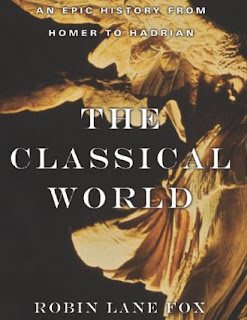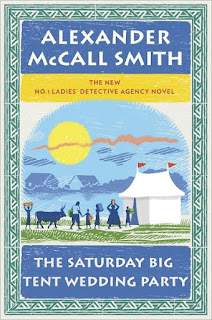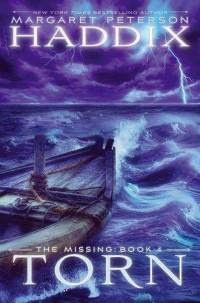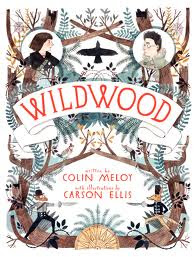The Classical World

The Classical World: An Epic History From Homer to Hadrian , by Robin Lane Fox This book has been on my mental wish list for a long time, but the length put me off for a while. Once I decided to run the Greek Classics Challenge , though, I thought I'd better brush up my history and prepare by reading it. And I've finished just in time! "Epic" is the right word to describe Fox's book, which covers nearly a thousand years of ancient history. That amount of material requires an organizing element, and Fox chose to use the Roman emperor Hadrian as a frame and reference point. Hadrian's reign is the final event of the book, and he was an emperor with "classicizing taste." He traveled over the whole Empire and did much to promote the styles we think of as classical. We start off with Homer, and the first third or so of the book is all about ancient and classical Greece. Then it's on to Alexander and the Hellenistic Age, and the Roman Republic, wh































